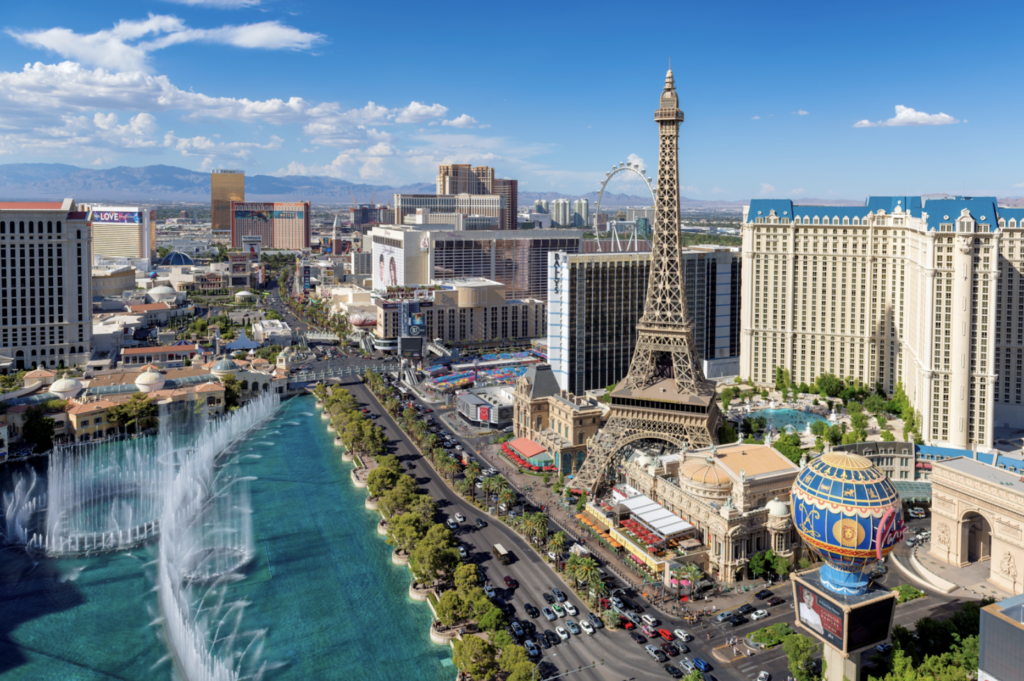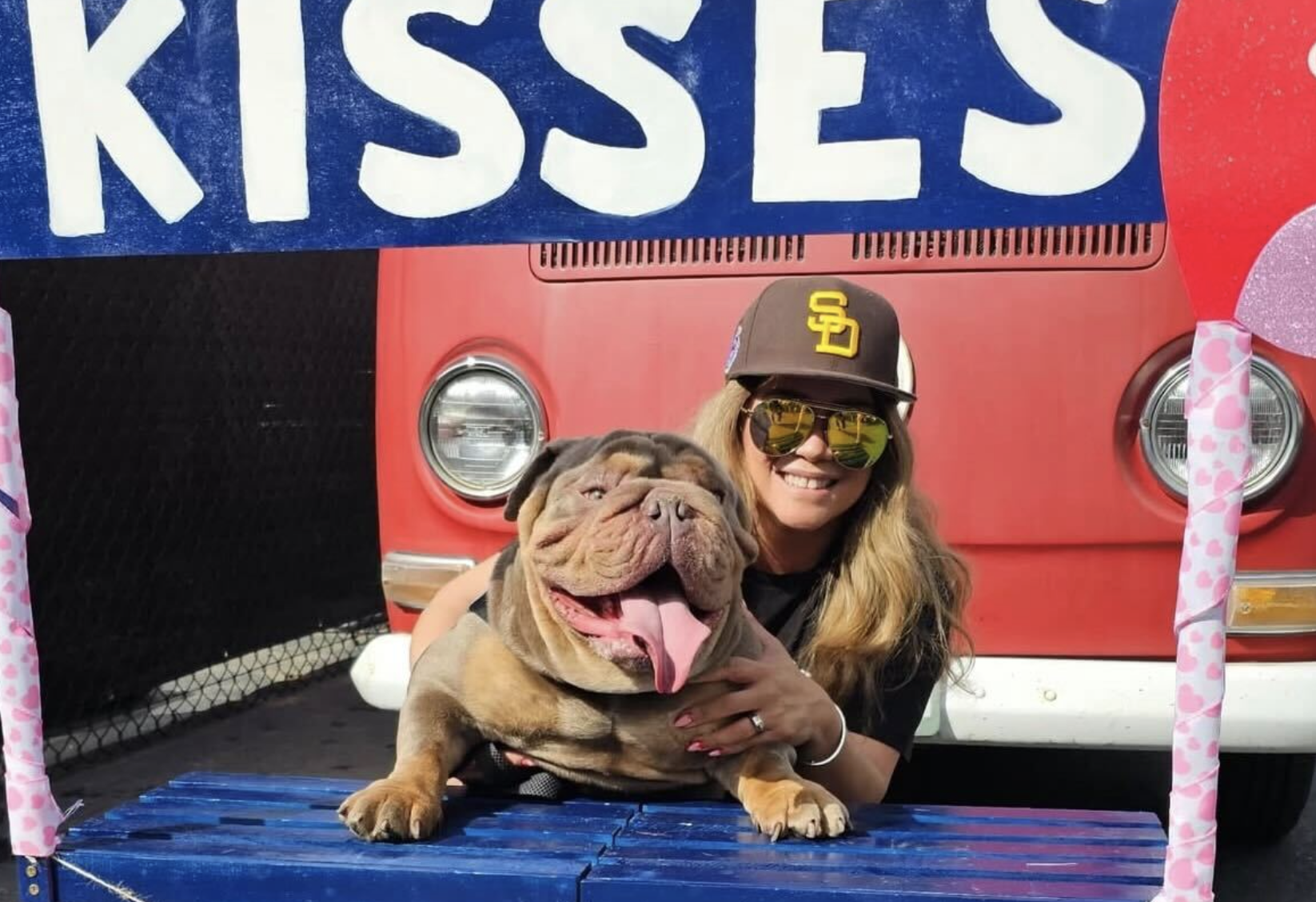Event marketers and travel bookers will soon notice changes in hotel prices, as chains scramble to keep up with a new federal edict banning shady junk fees.
Last month, the Federal Trade Commission finalized a rule banning what it calls “bait-and-switch pricing,” or the sneaking in of “convenience,” “service,” or “resort” fees near the end of a transaction.
The new rules don’t fully ban the fees. Instead, they prevent hotels, venues and other businesses from tacking them on after a customer has clicked through several pages, which often leads to a headache for people who thought they were getting a much better deal.
“Hidden fees are a huge issue with corporate travel departments as they can increase hotel costs by as much as 20 percent,” said Steve Reynolds, a chief strategy officer with Emburse Travel. “Travel managers have been asking for these hidden fees to go away.”
Even industry veterans have a hard time making sense of them.
“We’ve always had a challenge finding those fees out, because they weren’t transparent,” said Ilja Chapman, managing partner of Travel Resources Group in Key Largo, Florida. “We’d always advise our client, ‘This is your price, but this is what you’ll have to pay that’s extra.’”
Starting in April, the fees will be included in ads and listings as part of the total cost. Failure to do so could cost a company up to $51,744.
In a press release, the FTC estimated that the rule will save consumers up to 53 million hours a year of “wasted time spent searching for the total price for live-event tickets and short-term lodging.”
Event professionals could see big changes
Considering Las Vegas’s position as an industry mecca, event pros are likely to see the effects of the rule firsthand.
Many event marketers, organizers and attendees are familiar with the process of booking a room that looks like a steal, only to realize it’s actually over budget.
According to Frommer’s, most Vegas resorts charge anywhere from $20 to $55 a night in resort fees.
Junk fees at other popular destinations can get even more excessive.
“Parking fees can be ridiculous. I’ve seen, in Hawaii, $44 a night if you have a rental car,” Chapman said. “That’s not even fair. I don’t know what the fees are for. I’m always dumbfounded.”
Austin Johnston, CEO of event marketing and production firm AKJohnston Group, says the junk fee ban may not be relevant for those traveling with a large corporate group or for anyone staying at a conference hotel.
“Those junk fee components are always negotiated,” he said. “Hotels love a room block.”
Reynolds agrees that many companies negotiate low-to-no fees well in advance. However, the fees’ shadowy nature means not everyone is in the loop about when to take them out.
“It’s very difficult to audit when they’re charged contrary to contracted terms,” he said. “It’s also very difficult to identify hotels that charge these fees on a regular basis, as it varies by property. Even when the chain or brand has told them not to charge, the revenue managers at the property level will still charge them.”
Some warn that room prices may increase to make up for the loss.
Johnston believes hotels will find it difficult to part with last year’s high hospitality profits, which saw the city come close to pre-pandemic levels of tourism for the first time since 2019.
“I would be fearful of how they’re gonna get that money back. They’re just gonna find a different way,” he said.




